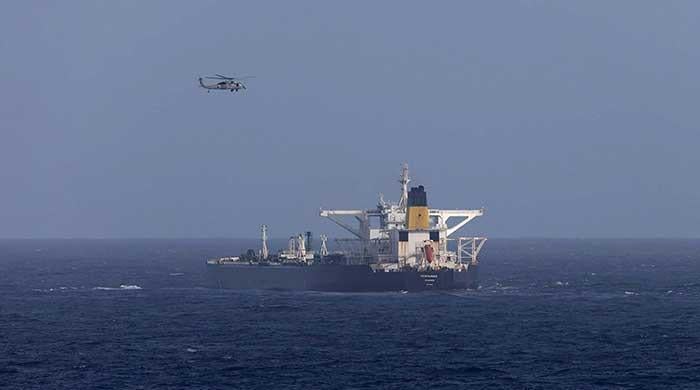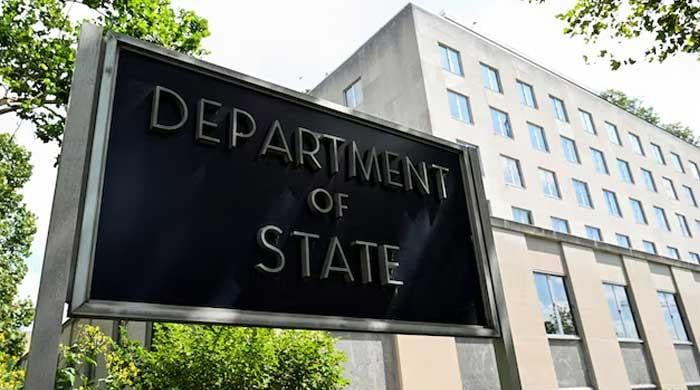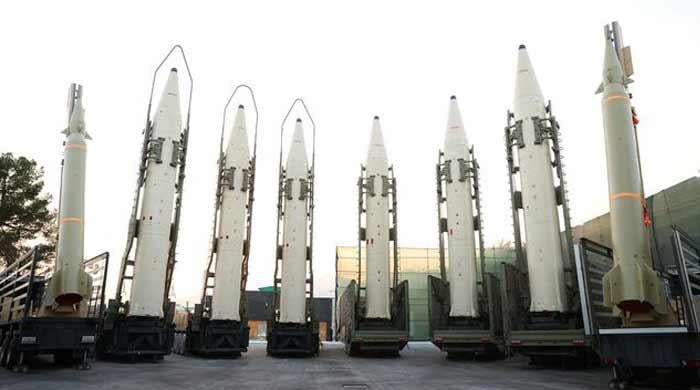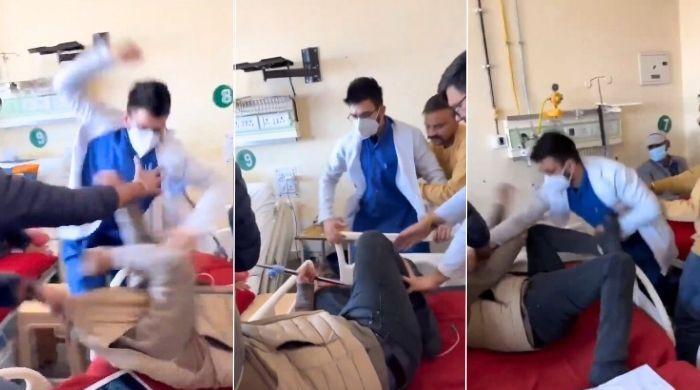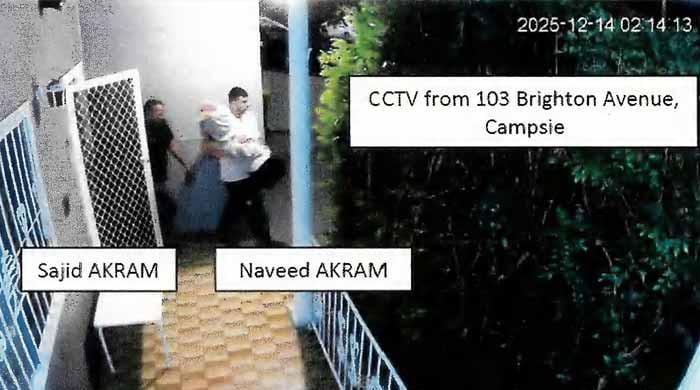Blinken in Seoul as US losing sleep over deepening Russia-North Korea ties
Following Sep summit between Kim Jong Un and Vladimir Putin, there has been a surge in arms transfers
November 09, 2023
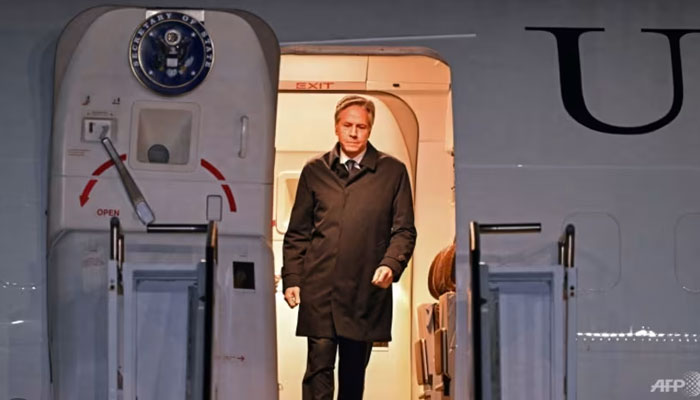
US Secretary of State Antony Blinken embarked on a visit to Seoul, a visit that holds strategic significance amid heightened military collaboration between North Korea and Russia.
Following the G7 foreign ministers' meeting in Tokyo and a whirlwind Middle East tour, Blinken's talks with South Korean counterpart Park Jin are poised to address pressing security concerns, notably the growing Moscow-Pyongyang military ties. This visit marks Blinken's first to South Korea since President Yoon Suk Yeol assumed office last year.
The key focus is on the implications of increased military cooperation between Moscow and Pyongyang, a matter of deep concern for US officials. Following the September summit between Kim Jong Un and Vladimir Putin, there has been a surge in arms transfers, including reports of North Korea supplying 1 million artillery rounds to support Moscow's involvement in Ukraine, exchanging them for satellite technology know-how.
"We're deeply concerned about what Russia is providing Pyongyang in return for the weapons and munitions that it's getting," Blinken remarked in Tokyo.
Both Russia and North Korea, facing global sanctions for distinct reasons, navigate ways to overcome restrictions. The historic allies seek avenues to strengthen their ties despite international scrutiny—Moscow for its invasion of Ukraine, and Pyongyang for its nuclear weapons testing.
Additionally, North Korea is keen on launching a military spy satellite into orbit, with preparations for another attempt in the final stages. Moscow's assistance is expected to enhance the likelihood of success, building on their shared interests.
The discussions highlight the intricate geopolitical landscape and the imperative for strategic diplomacy to navigate evolving security challenges in the region. The talks are expected to delve into the broader implications of these developments on regional stability and the collaborative efforts needed to address the complex interplay of geopolitical dynamics.




